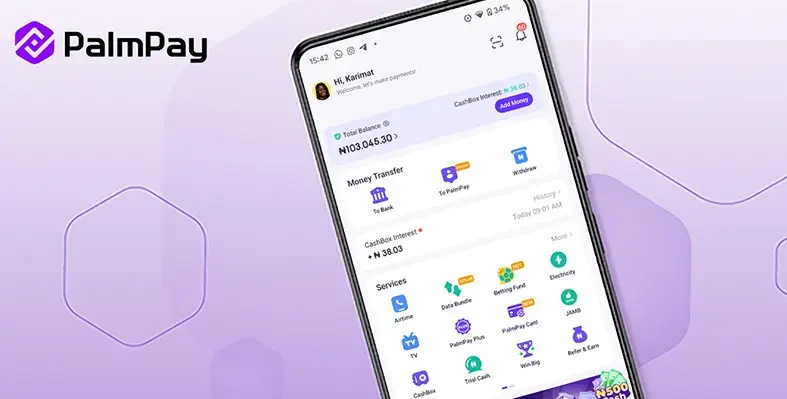
James Saruchera, co-founder of Afrik. (Image source: Afrik)
As Africa races to position itself within the Fourth Industrial Revolution, the continent’s energy deficit continues to stall progress
While AI, cloud infrastructure and smart industry capture headlines, it is energy – reliable, accessible and decentralised – that underpins the viability of every digital innovation.
“Energy is no longer just a utility – it’s the bedrock of sovereignty in a digital world,” said James Saruchera, co-founder of Afrik, a decentralised finance infrastructure built to fund real-economy projects across Africa.
“We cannot talk seriously about AI readiness or smart manufacturing without first addressing the bottlenecks in energy access and financing.”
Saruchera, who recently attended the Global AI Summit on Africa in Rwanda, pointed to a growing consensus among African policymakers and innovators: without a radical rethink of how energy infrastructure is funded, the continent risks falling behind in the very technologies it seeks to lead.
Despite holding one of the world’s richest renewable energy profiles – including vast solar, hydro and geothermal potential – Africa remains hampered by traditional, centralised financing models that often prioritise external interests and short-term returns.
“The capital is out there. The technology is out there. What’s broken is the pathway between the two,” Saruchera said.
“Right now, we’re relying on legacy systems of financing that don’t match the speed or structure of our economies. They’re too slow, too opaque and too extractive.”
Afrik’s response has been to re-engineer the infrastructure around infrastructure.
By building a blockchain-based platform to facilitate secure, transparent investment into vetted energy and digital projects, Afrik enables both institutional and citizen investors to back infrastructure in a way that’s traceable, compliant and locally anchored.
“The premise is simple,” said Saruchera. “Africans should be able to invest in and benefit from the systems that will define their future. We’re not just solving for capital – we’re solving for trust, for ownership, and for longevity.”
Afrik’s model moves away from debt-heavy, donor-led development and towards pooled, participatory finance – where individuals, communities and institutions can collectively fund projects with full visibility over how money is spent and impact is delivered.
Crucially, Saruchera sees this as more than a tech play. It’s a policy tool.
“Afrik is already receiving strong engagement from innovation ministries, regulators and institutional funds that understand the need for alternatives,” he said.
“They know we need mechanisms that are fast, auditable and scalable – especially for midsize and off-grid projects that aren’t attracting enough traditional capital.”
Afrik’s pilot pipeline includes solar mini-grids, community-level battery storage and digital infrastructure – selected not for their PR value, but for their replicability and ability to bridge energy and data needs at the same time.
“We’re focusing on real utility, not vanity,” said Saruchera. “These are the kinds of projects that can support AI labs in Kigali, keep rural clinics online in Malawi, or power last-mile logistics in Lagos.”
Asked about the pace of adoption, Saruchera is pragmatic but optimistic.
“We’re not saying this replaces traditional finance overnight – but it complements it, fills gaps and builds systems of resilience from the ground up,” he said.
“What we’re proving is that Africa doesn’t have to wait for the world to catch up. We can build financing infrastructure that’s modern, agile and fundamentally designed for our own economic architecture.”
In an era where development models are being reimagined across the Global South, Afrik’s emergence reflects a broader shift: from dependency to design, from charity to capital, from exclusion to participation.
“Africa’s energy future will not just be green – it must be governed, funded and owned differently,” said Saruchera. “If we can fix how we finance our future, the rest will follow.”
Also read: Afrik ignites Africa’s borderless finance revolution with AI






 Download our free Guide to compliant solar farm identification
Download our free Guide to compliant solar farm identification


















